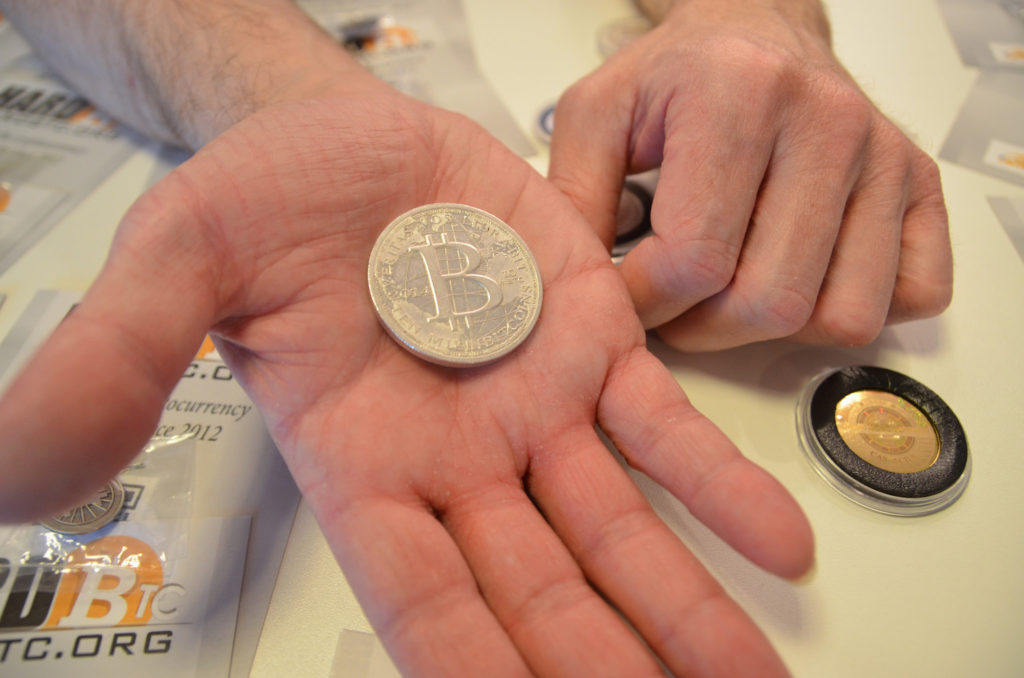
Laser eyes are something social media users use to show they love cryptocurrencies - and Bukele demonstrated his enthusiasm for cryptocurrencies last week by making El Salvador the first nation in the world to make Bitcoin legal tender.
It therefore seems like a step towards much wider acceptance. But changes in Bitcoin's market value since Bukele announced his plan give crypto-skeptics cause for doubt.
In the last week, the value of Bitcoin reached US $ 38.200. In the past month it has fallen by more than $ 58.000. This is not the kind of price volatility that any government generally wants to see in a currency.
Such fluctuations show Bitcoin's weakness as a viable alternative to central bank currencies, only useful for transactions you don't want to track and as a speculative investment.
So what is Bukele planning to do in wanting to make Bitcoin legal tender for the small Central American nation whose economy accounts for less than 0,05% of global GDP?
What does "legal tender" mean?
The use of Bitcoin is already legal in El Salvador, as in most countries. If you want to pay for something in bitcoins and the recipient is willing to accept them, that's fine.
Making bitcoin legal tender means that a beneficiary will have to accept them. As the new legislation states, "every economic agent must accept Bitcoin as payment when it is offered to him by those who buy a good or a service".
But this move by El Salvador is not as significant as it would be for most nations, because it is one of about a dozen countries - most of them micro-states like Andorra and Nauru - without their own currency (or a currency). common as like the Euro).
El Salvador abandoned its own currency (the "colon", named after Christopher Columbus) in 2001 and adopted the US dollar as legal tender. This "official dollarization" process was seen as a reform that would curb inflation and increase trade with the United States (by far its main trading partner).
So El Salvador has less to lose than other nations in adopting a second currency as legal tender. There is no controversy over the loss of sovereignty and autonomy of monetary policy. There will be no loss of "seigniorage" - the profit made on issuing currency that is worth much more than the cost of making it.
Highly volatile
But having two fiat currencies will complicate matters, particularly when one of those currencies is subject to large swings in its value.
Consider the provision of the new law that "all cash bonds denominated in USD, existing prior to the effective date of this law, can be paid in bitcoin."
That too is complicated. How and by whom will the amount of bitcoin needed to pay a debt be determined? Will it be based on the price of Bitcoin at the time the debt is contracted or when the debt expires? The difference of even a few days could be significant.
If the expectation is that the price of Bitcoin will rise, why should you buy things with this currency? Why not wait? If the expectation is that the price will drop, why should you accept it? For most transactions, using US dollars will make even more sense. So making Bitcoin legal could help destabilize El Salvador's economy.
